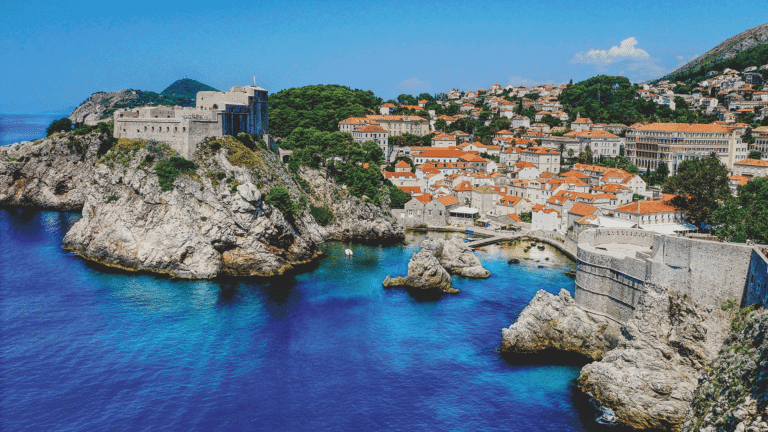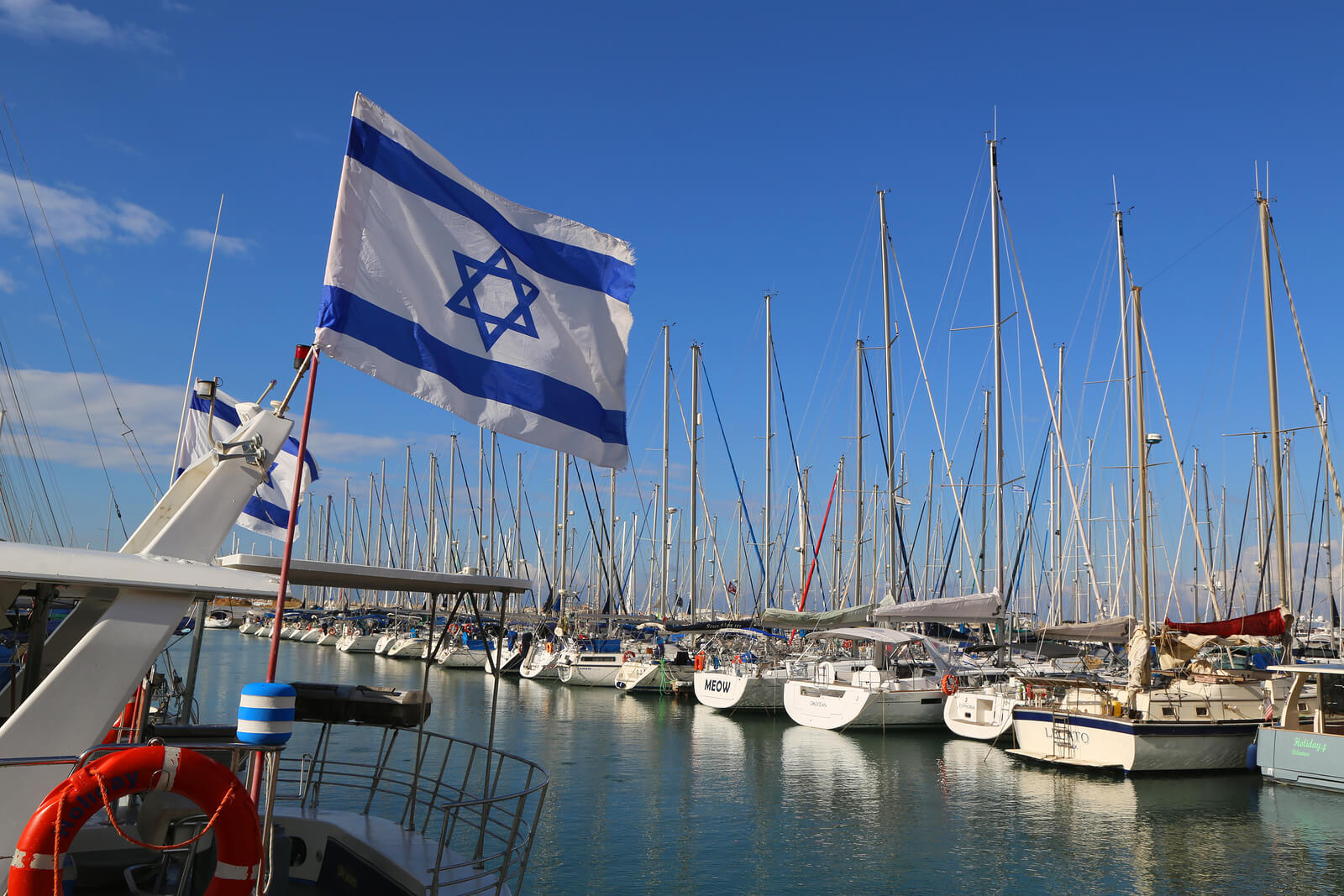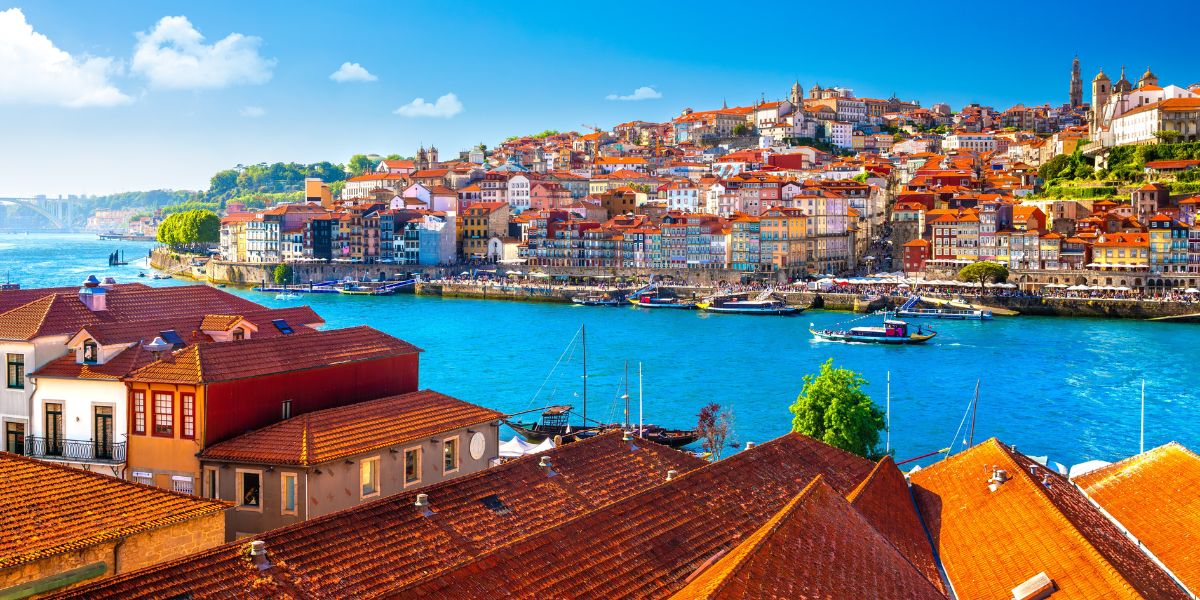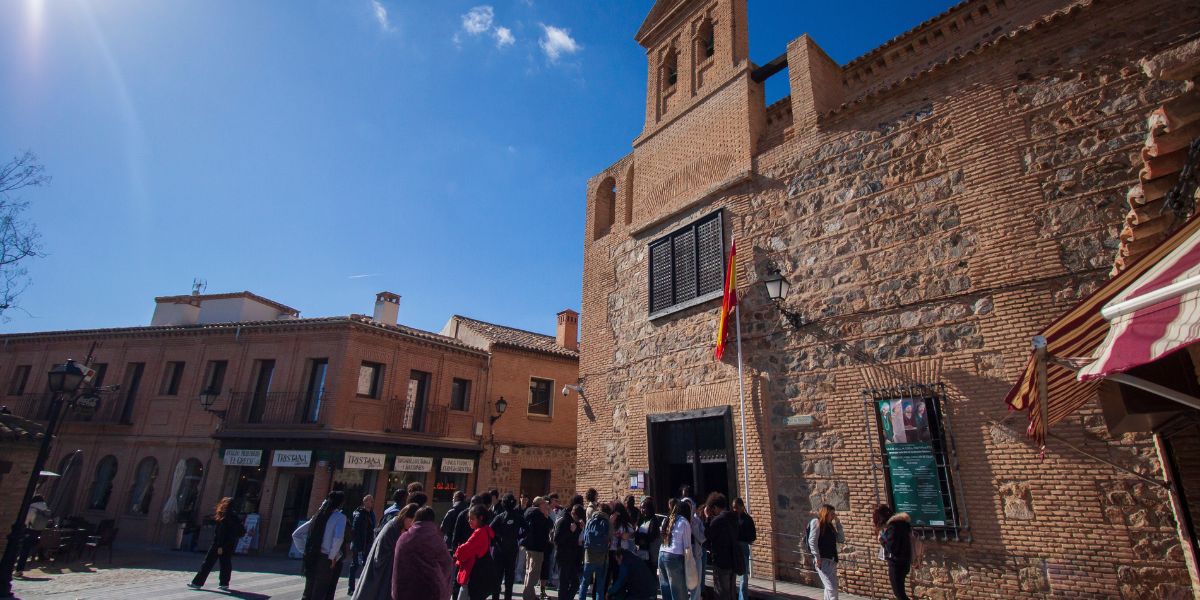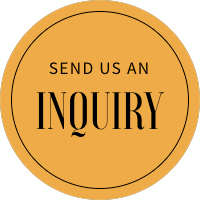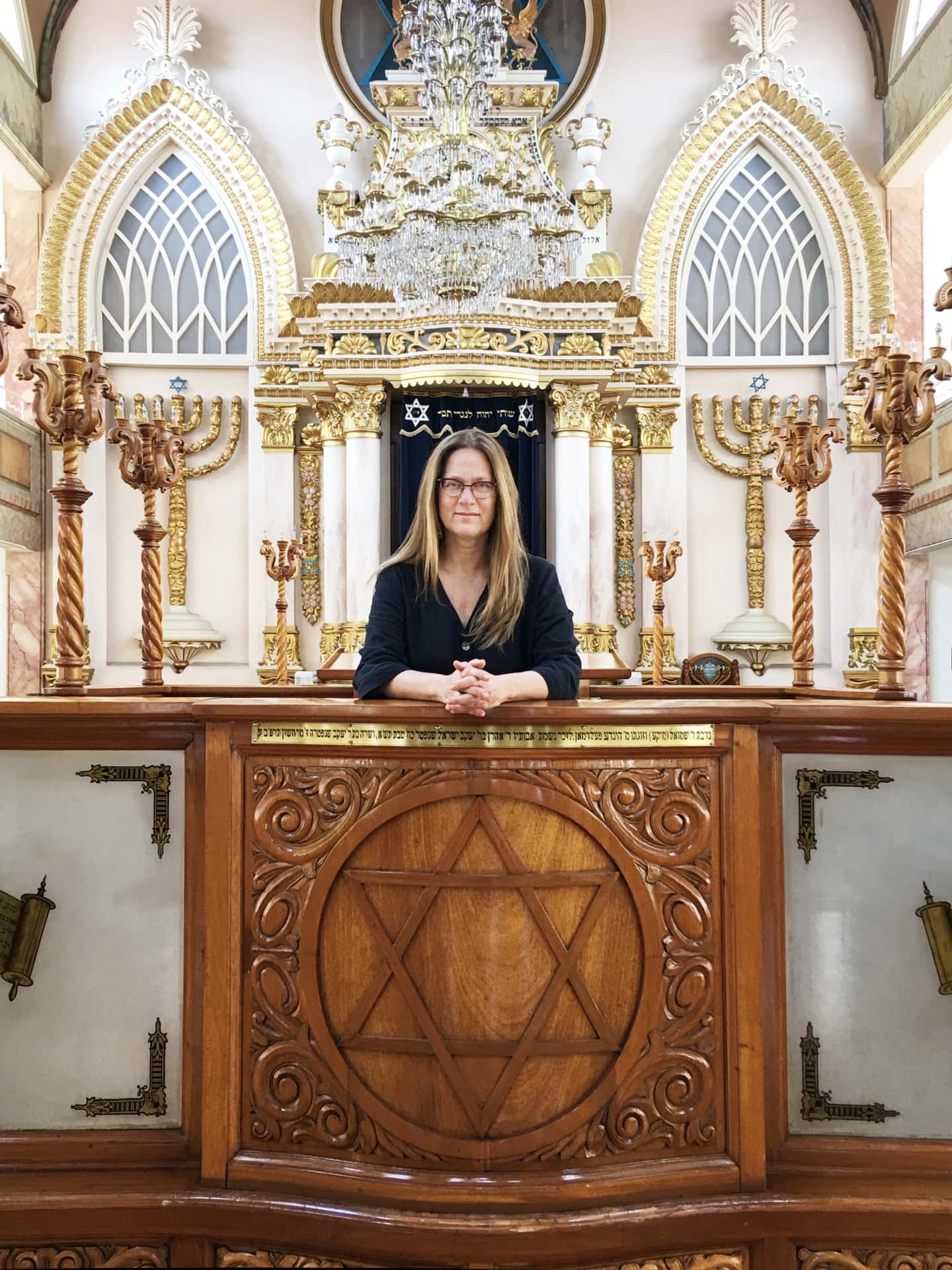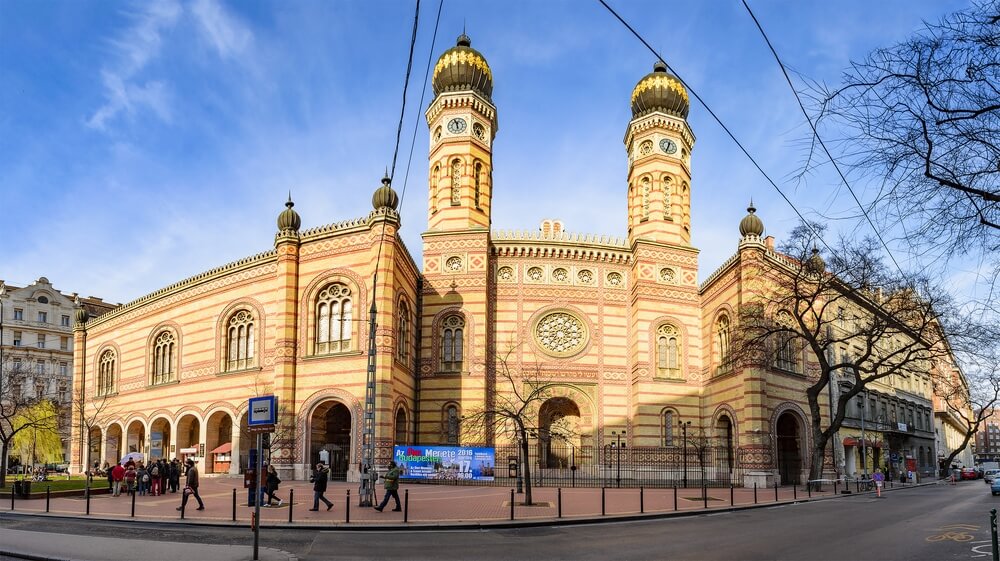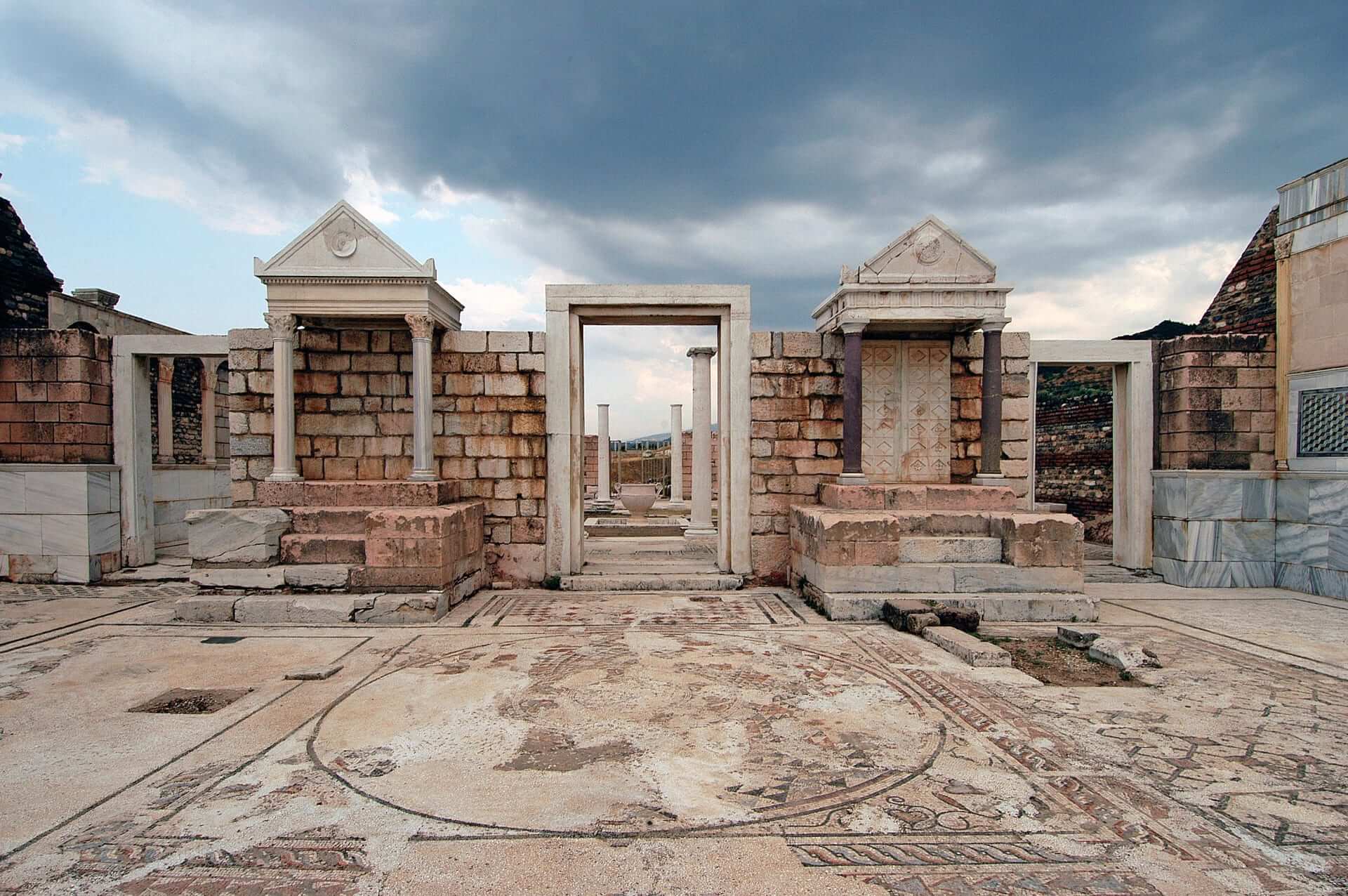As a historian, I understand the difference between what happened and the “narrative of what happened”. A difference that led me to try to understand the history of my city, Mosul, which has enormous gaps that makes it almost impossible to comprehend what happened. It was instead the “narrative of what happened” what we received from the past.
This made me ask myself: While most of the communities of Mosul had their history documented, why was the Jewish history ignored and kept off the record? What happened to the Jews of Mosul? Who are they? How did they live in Mosul? What did they use to do in their daily life? What did they think of every small detail of their city and its people? And how were they deported? What happened next? Where are they now?
Many questions that led me to start looking and searching for every Mosuli Jewish person around the world and to reconnect with them in order to preserve and document their stories. After conducting weekly interviews with many of them in Israel and other countries, I concluded that the massacre wasn’t only physical, but also a continuous attack on their memory. The only way to stop this attack on the truth and history is by establishing a Jewish Musem of Mosul and reviving their memory to reconnect them with their city. I realized that every Jew from Mosul has a personal story that should be documented in its smallest details. To this task I will dedicate my life.

